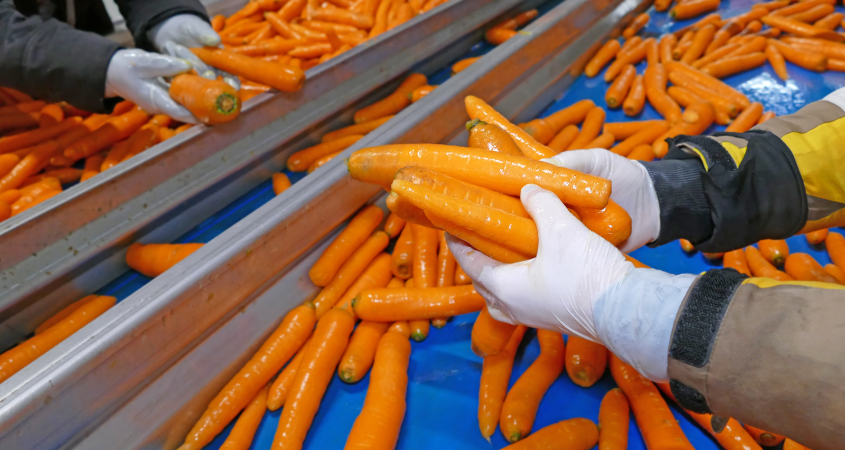
Food contaminants pose a significant challenge to the safety and quality of our food supply. Understanding these contaminants and their potential impact is crucial for maintaining the integrity of the food industry. Let’s explore some common contaminants and their implications for food products:
Residues from pesticides can remain on fruits, vegetables, and grains. Long-term exposure to pesticide residues may lead to health issues, emphasizing the importance of rigorous testing for pesticide residues.
Produced by fungi, mycotoxins can contaminate crops like grains and nuts. Ingesting mycotoxin-contaminated food can lead to various health issues, making mycotoxin testing vital for food safety.
Common heavy metals include lead, cadmium, and mercury. Accumulation of heavy metals in food products can lead to chronic toxicity, underscoring the need for strict limits and testing protocols.
Bacteria such as Salmonella and E. Coli when ingested can cause foodborne illnesses. Rigorous microbial analysis is essential to ensure that food products are free from harmful pathogens.
Undeclared allergens in food can trigger severe allergic reactions. Accurate allergen detection and labeling are crucial to protect individuals with food allergies.
Certain additives may have health implications for sensitive individuals. Regulatory compliance and testing help ensure that additives are within safe limits.
Adulteration is the deliberate contamination or substitution of food for economic gains. Stringent testing measures are necessary to detect and prevent food adulteration.
In summary, identifying and mitigating these common food contaminants are paramount for guaranteeing the safety and quality of our food. At Crop Nutrition Laboratory Services Ltd. (Cropnuts), we are dedicated to providing accurate and reliable food testing services to address these challenges.
Your Safety, Our Priority.
#Foodscience #Foodsafety #Foodsecurity
Order our services and get to know how to improve your soil for better yeilds.